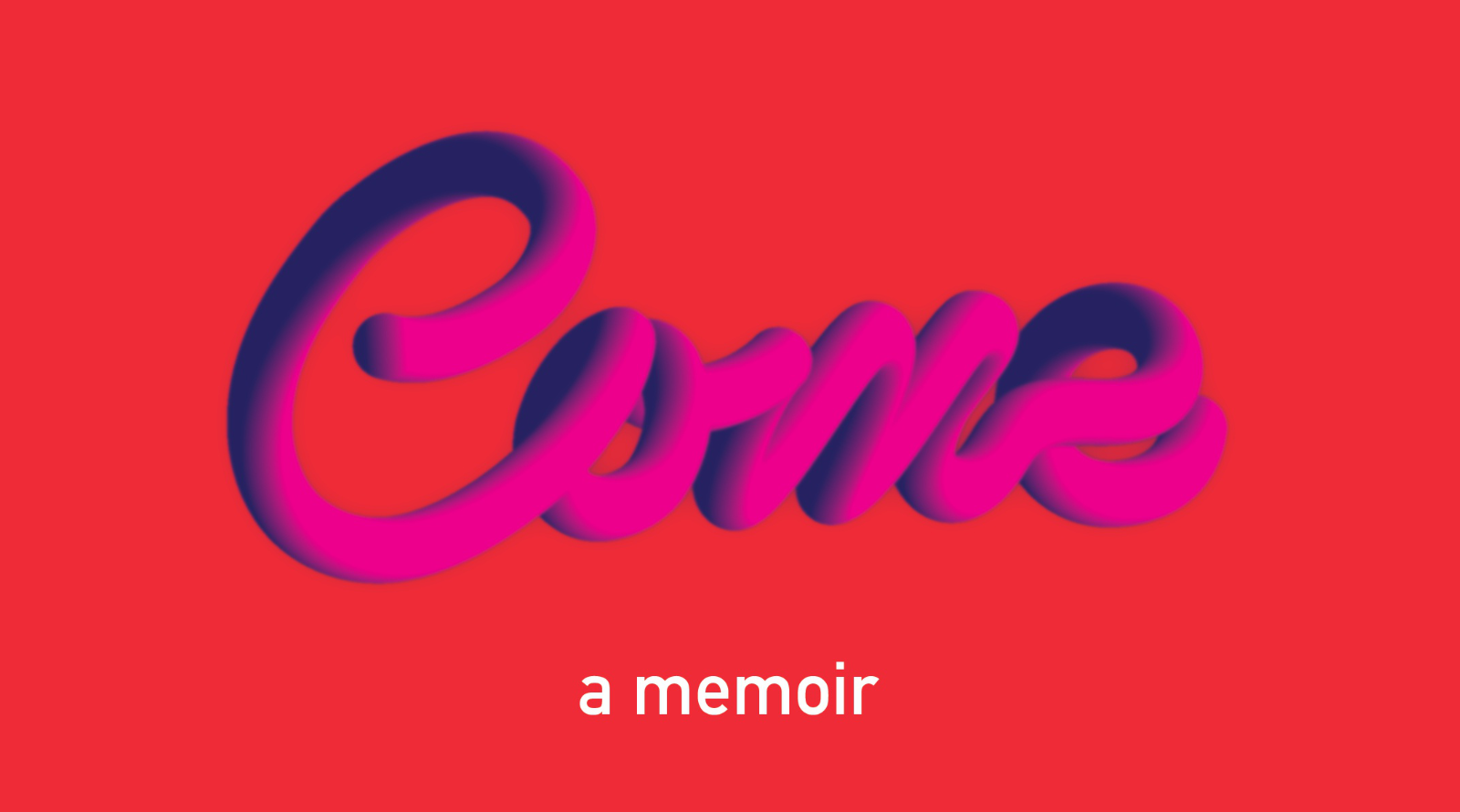Despite all the noise around social media being toxic and harmful, one of the benefits it brings over traditional media is a way for minorities to communicate at a scale never before seen in human history. This is incredibly valuable for sex workers, who have struggled to reach an audience with mainstream methods due to both heavy stigmatisation and censorship.
Unfortunately, not all social media platforms play fairly. They ban and limit not just sex workers, but other minorities too, suppressing their voices with little to no recourse. They record and harvest truckloads of our personal data, using it to squeeze out every last drop of our attention, time and money. And now that AI-generated content is a thing, they're trying to profit off the back of artists without their permission or paying for it. Sound familiar?
By being aware of how social media platforms operate and what their goals are, you can be aware of the multiple impacts of their often heavy handed moderation decisions. And decide how best to stand in solidarity with each other, while still making enough to pay the bills. No ethical consumption under capitalism, etc etc etc.
Terms and Conditions
None of us read this fine print gibberish when signing up, but as soon as the shit hits the fan, it's what the social media platform operator will run to in order to inform and defend their actions. These policies are often not just the work of these companies alone, but are informed by legislation such as FOSTA-SESTA. While they all vary, a search for keywords like ‘sex’, ‘adult’, ‘pornography’, and ‘escort’ will usually bring up their policies that will impact sex workers the most. You should also be able to find out what the platform's policies are for moderation, reporting content, and any disputes you may have with the platform's decisions.
The terms, conditions, and policies of social media platforms aren't exactly obvious to find either. Your best bet is getting on a computer instead of your phone, visiting the website of the platform, and scrolling towards the bottom where words like "terms" and "policy" are located, usually in fine print.
Data Collection & Privacy Policies
The amount of data social media platforms are able to collect about us, and tie back to our identities, is astounding – our interests, who we talk to, what we buy, where we go at different times of the day, and a plethora of other information. They can gather information not only via the raw data from a smartphone or computer, but also inferred from the content we post and interact with.
That's why it's important to understand what social media platforms say they will do with that data and who they will share it with. That's not to say they always follow their own rules, and it's not like these companies are very transparent, but they do have data collection and privacy policies that can give us some insights.
A search on Google (or your search engine of choice) for terms like "privacy policy" or "data collection policy" for the social media platform you're investigating, (e.g: "TikTok privacy policy", "Instagram data collection policy") can dig the policies up from the bowels of the company's websites. Reading the entire thing is pretty gruelling, even for a nerd like me, but they are incredibly enlightening as to what they give themselves permission to do with our data.
When browsing the data collection or privacy policy, try to discover who they share data with and think about if you’re comfortable with that. What procedures do they have in place should your data be mishandled either by the platform or a third party? Do they adhere to the laws and regulations where you live, particularly if you're in Europe where privacy and data laws are more stringent, and the company is American– where privacy and data collection laws are less strict.
What Does Management Think?
Policies are good and all, but they're only guidelines, so it's important to know the ethics of the people running the platform. Most CEOs, other executives and board members won't tell you that they oppress and silence voices of groups they don't like, but they will drop hints here and there.
Find out who the CEO is and who is on the board of the platform you're investing your time and effort into. Pop their names into a search engine and see what they say in interviews, what they write about on their blogs, what they post on social media themselves. What actions have they taken in the past when a minority group gains traction on their platform? If they've been bastards before they'll probably be bastards again.
Artificial Intelligence
It's 2024 so that means we have to give a crap about AI-generated content. As it is so new, many social media platforms simply don't have any policy at all. They're happy to let AI-generated content and disinformation spread as long as people keep logging on and paying attention.
More thoughtful platforms have considered their relationship with AI and what it means for their platform. Like privacy policies, AI policies vary wildly from platform to platform, and are usually tucked away in the same website footer as their other policies because they don't really want you reading any of this stuff. But, there are things to look out for so you know what you’re getting into.
Does this platform have a policy for how they'll detect and/or moderate AI-generated content that's misleading? Are there tools built-in to the platform that allow users to generate content with AI systems that don't respect the rights of creators or other fellow users? Does this platform actually enforce their policy or do they turn a blind eye to AI-generated content? Content that can be misleading or is built using the content of original creators, who didn't give permission or consent to its use.
Worth The Effort
Like most things in life, taking the path less travelled, being considerate about the products we use and how they impact us, wider society and the world around us– is difficult. Trying to do the same with social media is no different.
It takes time and effort to read a platform terms and conditions, privacy policy, and data collection policy. It's annoying that you need to keep an eye on the management of a social media platform to make sure they aren't dickheads who say they support "free speech" but then go around deplatforming groups that don't align with their worldview.
The task is boring and tedious, but worth the effort to not only protect ourselves as best we are able, to function within the systems we must in order to survive, but also to stand in solidarity with all the other groups sidelined, ignored or trampled by these social media companies. In the words of the great Audre Lorde, you cannot dismantle the master's house with the master's tools – but it is good to know where he keeps them.
Got a tech question for Ada? She wants to hear from you!
Ada answers all your questions about tech, the online world, and staying safe in it. No question is too silly, no hypothetical is too far-fetched! Learn to leverage devices, systems, and platforms to your benefit.





